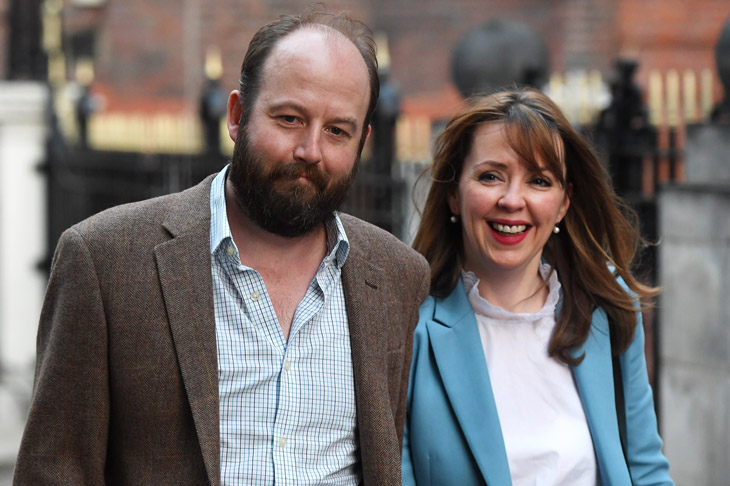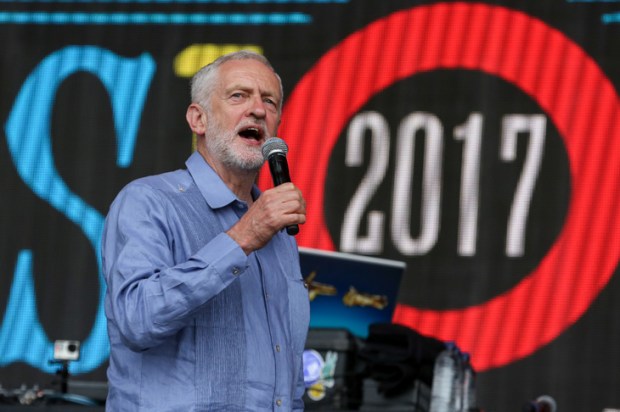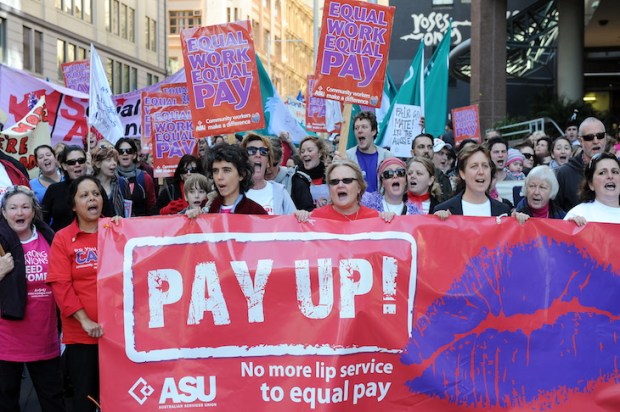I first met Nick Timothy in July 2015. He had just been appointed director of New Schools Network, the free schools charity I now run, and wanted to talk about the future of the policy. He has been portrayed in the media in the past week as a right-wing thug, as well as a swivel-eyed Brexiteer, but that wasn’t the impression he gave as he sipped his builders’ tea. On the contrary, he was trying to think of ways to weaken the association between free schools and the Tory party, particularly within the education sector. His mission, he explained, was to create cross-party support for the policy by setting up more free schools in disadvantaged areas.
He was in the job for less than a year before joining Theresa May in Downing Street, having worked as her special adviser from 2010-15, but in that short time he went some way to achieving his objective. He set up an outpost of NSN in Manchester to spread the gospel of free schools in the north. He launched numerous successful campaigns, including one to persuade teachers to set up their ‘dream school’. And he created an advisory council that boasts several Labour grandees. It’s also worth noting that NSN staff enjoyed working for him, as did many of his colleagues in politics — I only heard the words ‘arrogant’ and ‘high-handed’ from his enemies.
This ecumenical desire to reach out beyond the Conservative church was also evident during Nick’s stint at No. 10. In May’s first speech as Prime Minister outside Downing Street, which he helped to write, she pledged to fight against the ‘burning injustice’ of various forms of inequality and govern on behalf of ‘everyone’, rather than the ‘privileged few’. In the weeks that followed, Nick helped May to define herself as a ‘meritocrat’, which underlined the fact that she was only the second woman to become Prime Minister and was a way of putting some distance between her and her predecessor. The emphasis on the ‘just about managing’ also pointed to a broader strategic objective, which was to win over disillusioned Labour supporters who had voted to leave the EU.
It’s true that Nick is in favour of Brexit, but more out of instinct than ideology. He was born in Birmingham, the son of a steel worker, and educated at King Edward VI Grammar School and Sheffield University. To borrow David Goodhart’s terminology, he’s a Somewhere rather than an Anywhere, and has never quite lost his outsider’s suspicion of the metropolitan elite. When David Cameron kicked him off the candidates’ list, that cemented his antipathy towards the then Prime Minster and his gilded inner circle (the equivalent of Chelsea in contrast to his beloved Aston Villa). When Theresa May uttered her most memorable line at last year’s Conservative party conference, it could only have been written by Nick: ‘If you believe you’re a citizen of the world, you’re a citizen of nowhere.’
Is that also true of the 2017 manifesto, which some blame for the Conservatives’ failure? Nick didn’t devise every policy, obviously — and he didn’t come up with the ‘dementia tax’ or put it in the manifesto at the last minute. But you can hear his voice when you read it, and the Blue Labour theme is his. I’m thinking of the rejection of ‘untrammelled free markets’ and ‘selfish individualism’, as well as the energy cap and the pledge to build more council houses. The proposal to deal with the pending social care crisis was genuinely bold, as was the means testing of the winter fuel allowance and the abandonment of the triple lock. Had the Conservatives won a majority, the manifesto would have given the Chancellor room to cut the deficit without further cuts to public services. It would also have enabled the government to do more for the younger generation, which was of a piece with Nick’s vision of a May premiership that could help to heal the schisms exposed by the EU referendum.
It didn’t go to plan, obviously, although it’s worth remembering that the Tories won 42.5 per cent of the popular vote, more than Tony Blair in 1997, and they might have done even better had the manifesto not blown up on the launch pad. In the end, Nick’s hope that ‘Mayism’ could transcend the tribalism of British politics turned out to be too optimistic. I was sorry when he resigned and hope the party gives him a second chance. British politics needs people as thoughtful and talented as Nick.
Got something to add? Join the discussion and comment below.
Get 10 issues for just $10
Subscribe to The Spectator Australia today for the next 10 magazine issues, plus full online access, for just $10.
You might disagree with half of it, but you’ll enjoy reading all of it. Try your first month for free, then just $2 a week for the remainder of your first year.















Comments
Don't miss out
Join the conversation with other Spectator Australia readers. Subscribe to leave a comment.
SUBSCRIBEAlready a subscriber? Log in